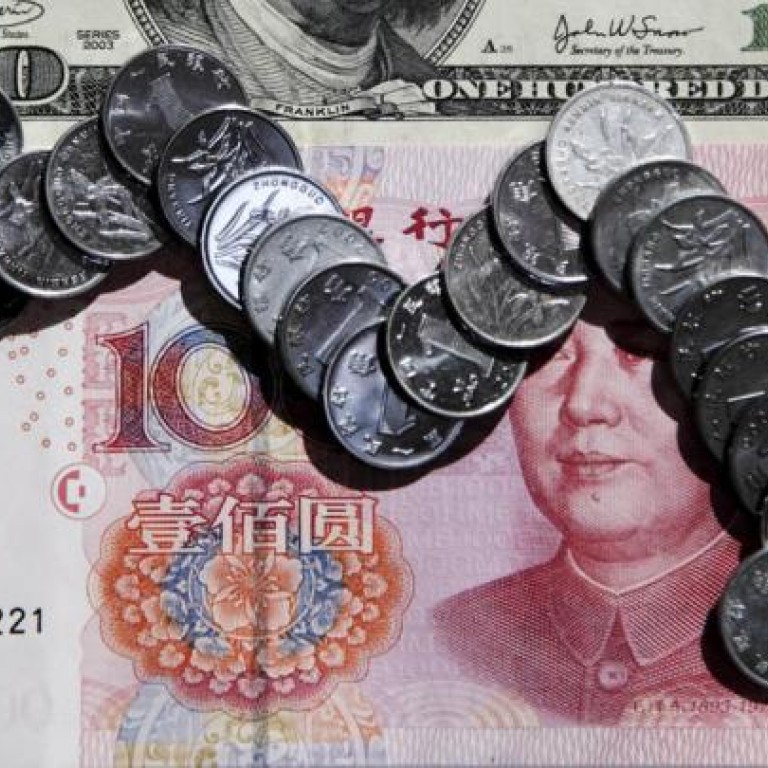
Conviction endangers respect for the law
Money-laundering case is a miscarriage of justice when the mere fact of looking like you are committing a crime is enough to get you put in jail
Take note of what this ridiculous law actually says. It is a crime to handle money in a way that looks to others as if you are laundering it, whether or not you are actually doing so and whoever these others may be.
The law says you can be sent to jail for 14 years if you deal with money "known or believed to represent the proceeds of an indictable offence". It doesn't require that an indictable offence be proved. It doesn't even require that one be indicated. None was in this latest miscarriage of justice.
The law only requires that reasonable grounds exist to believe that there had been one, whatever it might be and whether anyone in authority even knows what it was. Our courts have accepted that this criterion is met if money is handled in a way that looks surreptitious.
Now I know you may consider this a pretty good reason to think crime involved. Why handle money surreptitiously if you don't need to do so? Why spend your whole working day opening bank accounts and transferring small amounts of money in and out of them unless you have something to hide?
I can think of a very good reason. Across the border we have 1.3 billion people who would like to move their money in and out occasionally for entirely reasonable investments and purchases. Their government allows only a privileged few to do it legally and the rest must sneak their way through.
Breaking up their money flows into thousands of little trickles and combining them again on the other side is how they do it. What indictable offence have they committed?
You may say they have broken Beijing's capital flow restrictions and this is deemed a crime across the border.
Perhaps, but it is not a crime here in Hong Kong. It is our lifeblood. Our HK$3.4 trillion a year re-export trade is really an evasion of Beijing's capital flow restrictions, as are the vast foreign direct investment flows that pass through our financial system.
We congratulate the tycoons who handle these for contributing to the prosperity of Hong Kong, and yet we throw a 61-year-old public housing tenant into jail for 10 years for doing the same thing. What hypocrisy.
Don't tell me that this woman could actually have been handling terrorist finances or the proceeds of drug trafficking.
The terrorist idea is ludicrous. Leave alone that the ethnicity makes it highly unlikely, terrorism does not require much money, and what it does require is mostly funnelled through tribal connections that no government agency will ever see.
As to laundering drug money, I don't know how it is done, but I cannot imagine that this crude way of saying "Here I am, here I am, look at me!" is the preferred technique of the drug lords. I'm sure they have much more sophisticated ways of cleaning up their money.
It also doesn't look right for tax evasion, which is by far the largest reason across the world for money laundering. Tax evasion is done with sleazy lawyers and accountants, not strangers opening small deposit accounts on your behalf in your own jurisdiction.
I say that this woman was doing no more than facilitating mainland capital flows. Prove me wrong, you craven prosecutors who would cite no underlying crime.
And if you cannot do so, then confess an unsafe conviction to our chief justice and tell our legislators to repeal this gross invasion of judicial rights.
It is actually no small matter. Our money-laundering ordinance as it stands poses a serious threat to the rule of law. It undermines your right to be presumed innocent of crime unless proven guilty beyond reasonable doubt and your right to know with what crime you are charged.
I recognise that it is more difficult to prosecute criminals the right way, but since when has the law become a tool for boosting conviction rates? We are going down the road of the Spanish Inquisition here, and we endanger respect for the law, which is a way to encourage crime.

